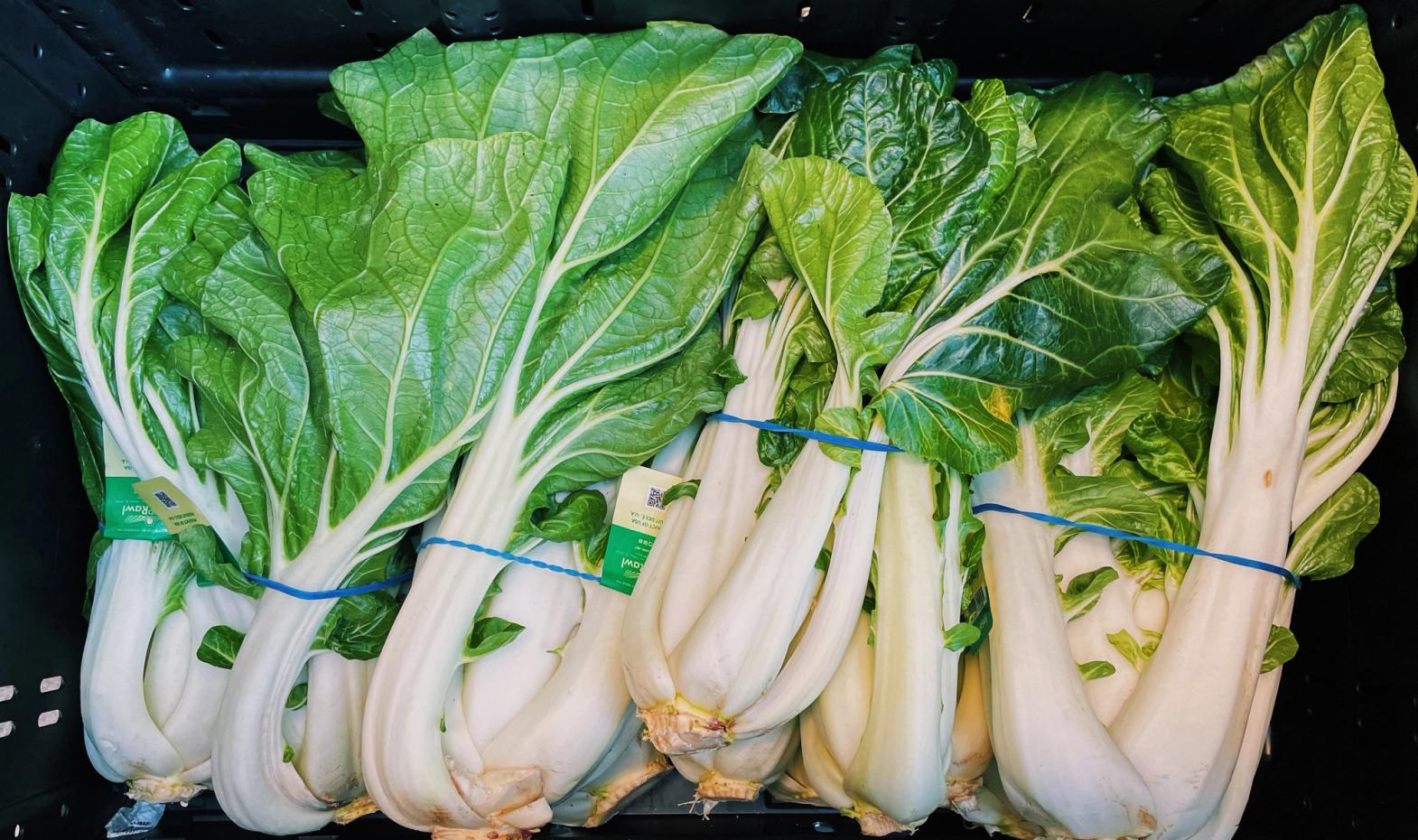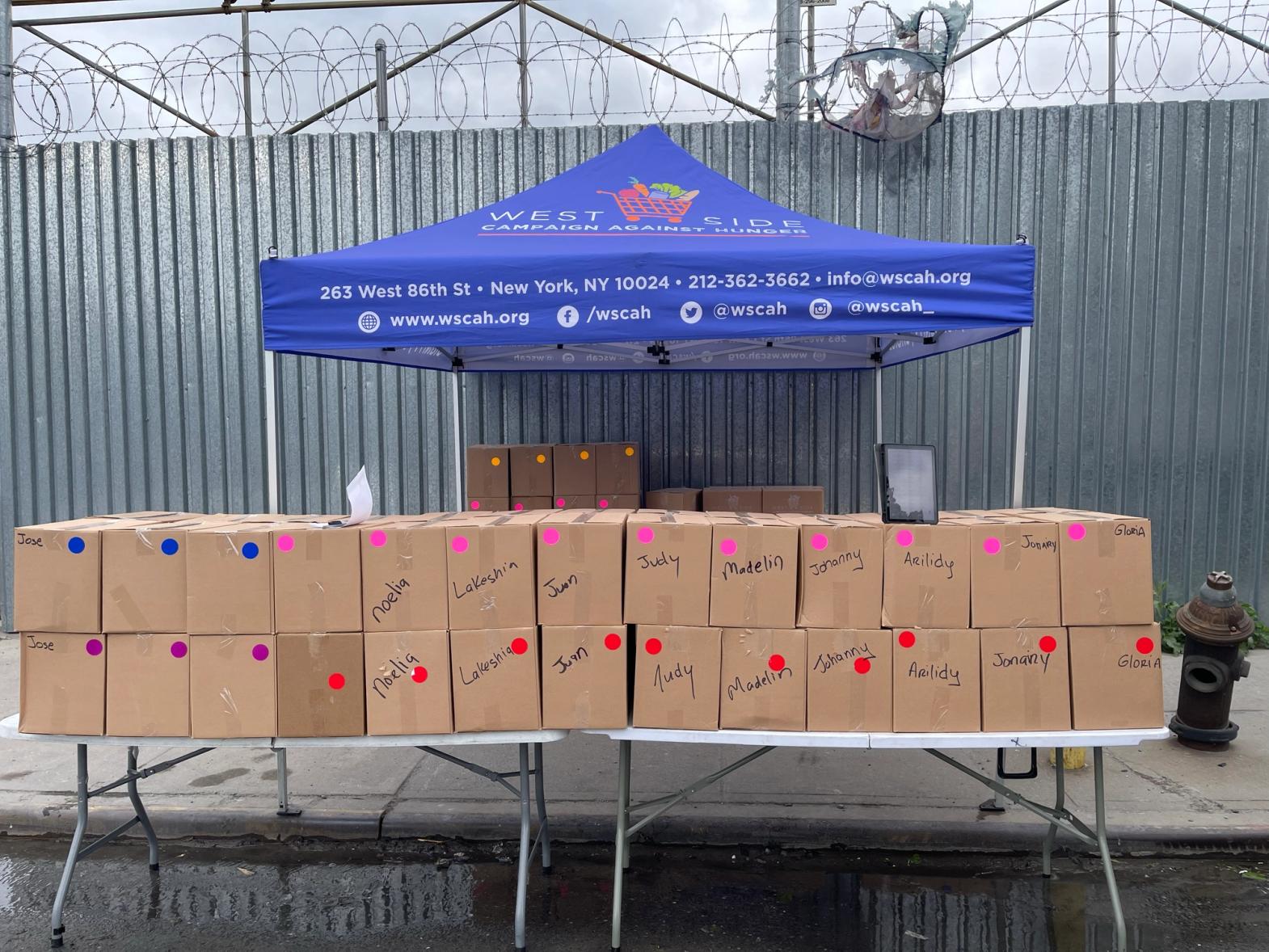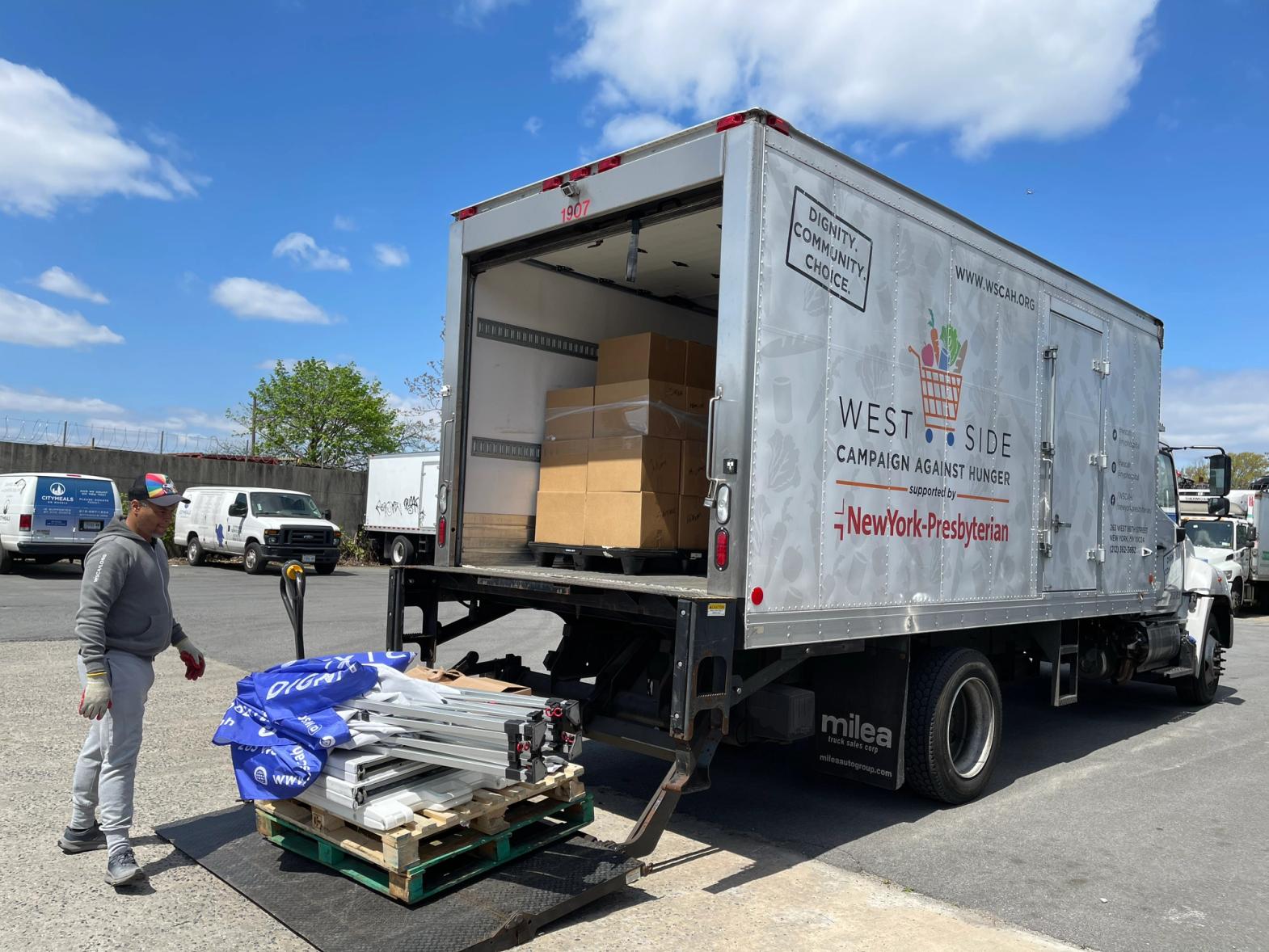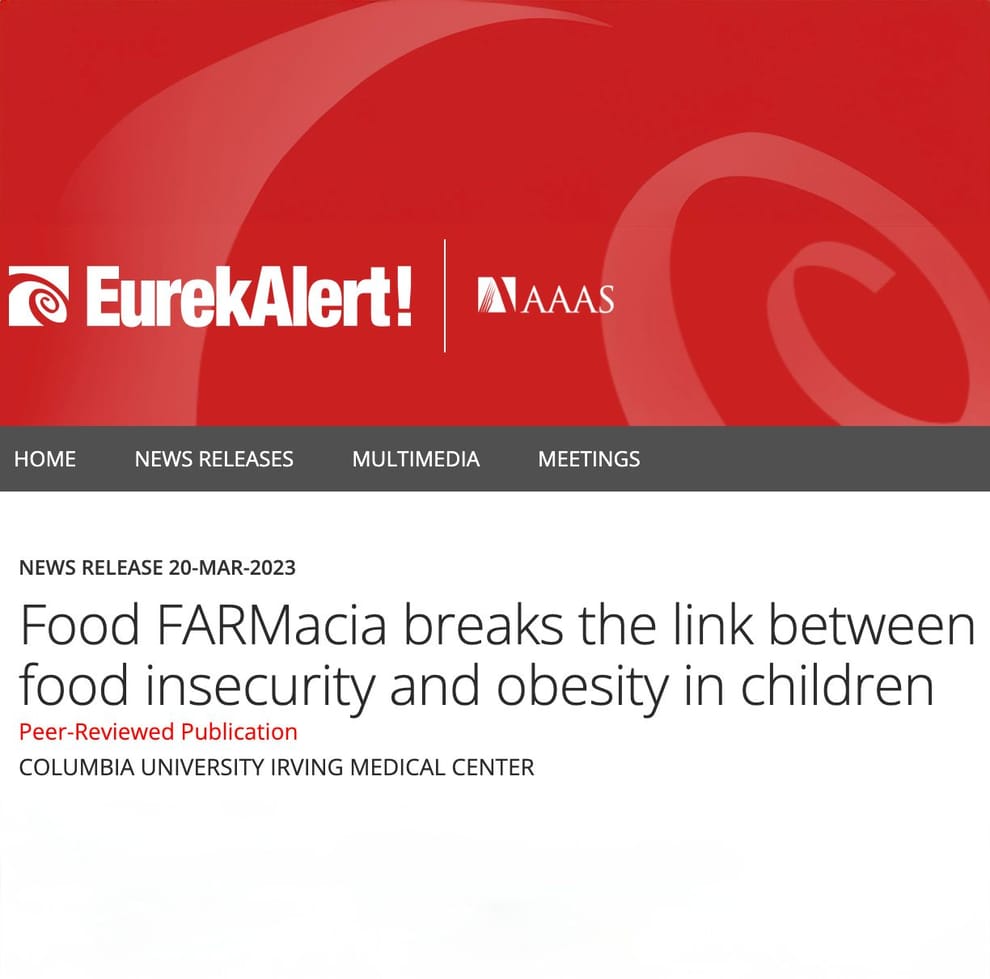REIMAGINING
WHAT FOOD DISTRIBUTION
CAN AND
SHOULD BE

Innovation
For decades the emergency feeding sector has valued calories over nutrition, disregarded dietary and cultural preferences, and underestimated the time and effort that it takes our customers to pick up food from pantries. Solving for these problems requires innovative and bold thinking. This is why WSCAH seeks new models that prioritize health and accessibility, setting a higher standard for how the emergency food sector meets the diverse needs of our communities.
We also recognize that this vital work cannot be done alone. Our colleagues across the sector bring decades of experience, insight, and dedication to the fight against food insecurity. Equally important are the voices of our customers and the activists who work alongside us. This is why we collaborate with dozens of community based organizations to bring WSCAH’s healthy food directly to the neighborhoods where our customers live and work. Through the Roundtable, we’ve brought together some of the largest providers in NYC to pool our expertise and improve the emergency feeding system.
By collaborating with these diverse partners, we not only amplify our collective impact but also draw on a wealth of knowledge that helps us strengthen our approach to healthy food and benefits access
Digital Choice Pantry
A range of healthy food options—from your phone.
Learn MoreCommunity Partners
The healthy food customers want, in the neighborhoods where they live.
Learn MoreHome Delivery & Healthcare
Healthy food delivered directly to hospital patients at home.
Learn MoreFood as Medicine
Studying how healthy food impacts patient lives.
Learn More

Community Partners
In 2017, WSCAH launched our first community distribution partnerships to improve local food access by bringing our healthy food to customers across NYC. This partnership model leverages the strengths of like-minded organizations that have trusted relationships with the community and have the organizational capacity to support reliable and dignified food distribution for those who face barriers to accessing healthy food.
This program has since grown to dozens of community partners in Manhattan, the Bronx, Queens, and Brooklyn.
In 2022, we decided to create another distribution model, Community Hubs, for customers who were picking up food at 86th Street but living in Northern Manhattan and the South Bronx. Our first two Hubs were developed in collaboration with two of our existing community distribution partners, Councilmember Shaun Abreu in Washington Heights and Phipps Neighborhoods in the Bronx.
Moving ahead, we plan to add more Community Hubs to our distribution network to continue to save our customers time and resources.

Digital Choice Pantry
Alongside making food available in more convenient locations, we’ve developed a Digital Choice Pantry that allows customers to make decisions about what food they want and where to pick it up–all from the convenience of their phones.
Moving ahead, we hope to add AI-powered voice systems to the Digital Choice Pantry, making it easier to use and access for our older adult customers, and others who are unable to use text or email based ordering systems.

Home Delivery & Healthcare
In 2019, in partnership with NewYork-Presbyterian Hospital (NYP), we launched the Food FARMacy to provide food insecure NYP patients with regular distributions of healthy food.
The program has since grown to 1,000 households, and is now providing twice-monthly deliveries of food directly to their doorsteps. Eligible participants include NYP patients with children aged 0-5 and older adults (65+).
The Food FARMacy integrates with WSCAH’s Digital Choice Pantry to choose from a variety of box types, including various combinations of produce, dairy, proteins, and grains.
Moving ahead, we hope to partner with more healthcare facilities to grow the program.

Advancing a Field of Study: Food as Medicine
We continue working with health researchers at NYP and Columbia University Medical Center (CUMC) to study the impacts of healthy food access and lay the foundation for future investments in Food as Medicine care. Our collaboration has resulted in multiple studies published in major health and nutritional journals, demonstrated reduced food insecurity for participating patients, improvement of childhood obesity risk factors (such as BMI), and enhanced intake of healthy food.
Your gift helps WSCAH continue to innovate.
With dignity, community, and choice as our centering values, we can transform the emergency feeding sector. We are doing it already. We steward new technologies and tactics designed to empower everyone–customers, community distribution partners, and other emergency food providers–to choose how best to serve and be served. Your support helps us do this work every day.



